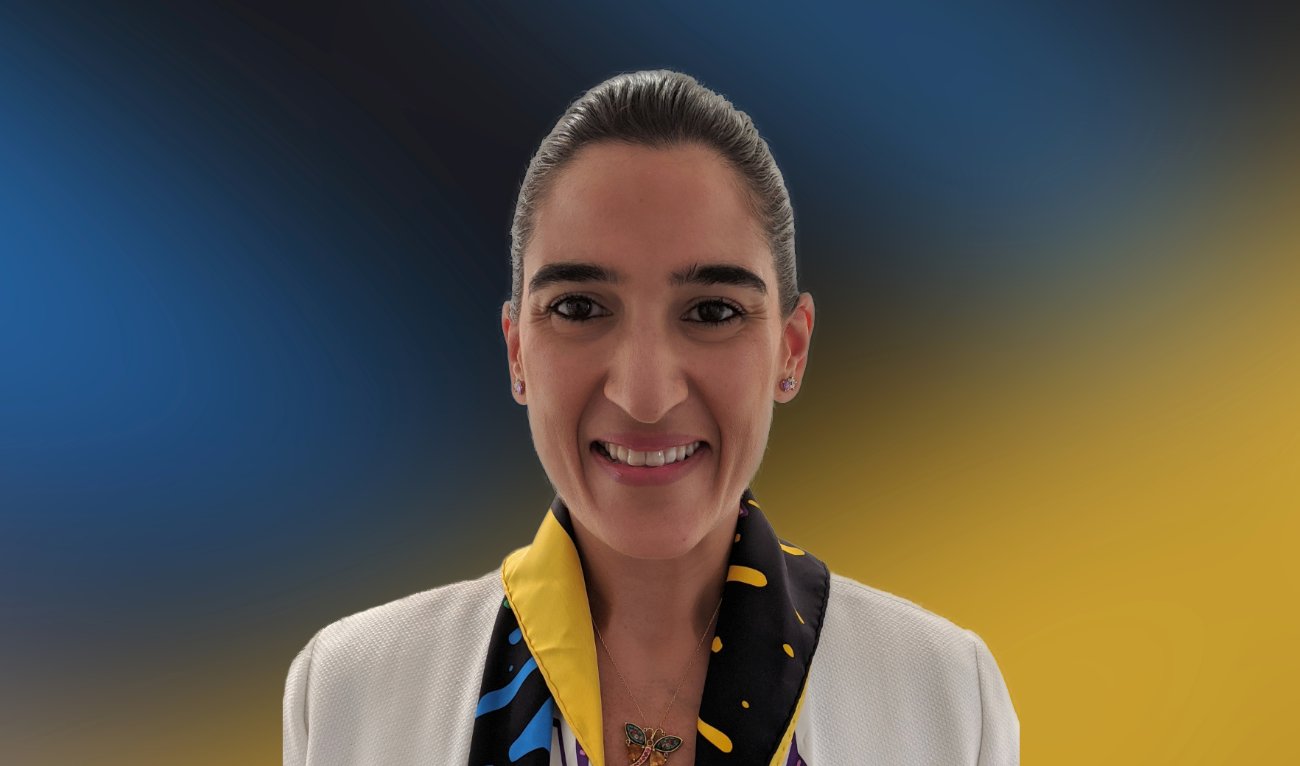Digital marketing
DUBAI: Demand for digital marketing has “drastically accelerated” as a result of the pandemic and Saudi companies need to target potential new customers online to grow and compete, according to Facebook’s regional head of retail and e-commerce.
Anna Germanos, head of retail and e-commerce for Facebook in the Middle East and North Africa, said she did not believe that users were overburdened by adverts on the company’s platforms, which include Facebook, Messenger and Instagram.
“Today, within digital advertising in general, people have a choice,” Germanos told Arab News. “They have the choice to click on (product) X, to stop the video, to close the tab.”
Germanos said that, while users did have the option of scrolling past an advert, the only way for businesses in the region to expand was to always be on the lookout for new customers, something Facebook calls “discovery commerce.”
“It’s a process that is fueled by machine learning, that matches products with consumers. If they really want to grow their business, they need to tap into new pockets of consumers. They need to make that product discovered by new consumers, inspire these consumers and then, with a click of a button, go and buy.”
So, how do Saudi businesses go about doing this?
Germanos believed 70 percent of a marketing campaign’s success was down to the content and that just 30 percent could be attributed to the data and algorithms used to target the right people.
A successful campaign was dependent on having “enough information about you as a consumer and target you whenever it is relevant, with the right message, at the right time,” she added.
One way for Saudi companies to do this is by targeting specific online communities on social media platforms, and a survey by Facebook found that 70 percent of Saudi respondents were members of an online group.
The study also found that Instagram was best for fashion and food and drink companies, while Facebook was better for gaming campaigns.
Targeting specific demographics could also reap rewards. Facebook reported that Nestlé Middle East created a bot on Messenger that recommended products to specific users, with sales increasing 2.9 times over the lifetime of the campaign.
One of the new ways that brands can target Saudi consumers and make sure the message works is to use augmented reality (AR) technology, which was especially advantageous when shoppers were unable to visit stores during the pandemic.
A Facebook survey found that 88 percent of Saudi respondents said they had used AR features, while 29 percent of those on Instagram said they used AR to interact with brands on a weekly basis.
One example is the Japanese carmaker Infiniti’s launch of the virtual “showroom of the future” last year, which helped it record a 32 percent year-on-year boost in sales in the Middle East during the second quarter of 2020.
The online platform allowed users to view vehicle exteriors and interiors in 3D, choose different paint colors, listen to the sound of the engine, and place the car in a true-to-life background to see how it would look in front of their house or office.
One area of digital marketing that always sparks debate is influencers and how transparent they are about the products they promote.
Germanos said Facebook was very strict when it came to this area.
“Influencers are very important – influencer marketing does work. When you have a celebrity endorsing a product, she or he has a follower base that are influenced by this persona and are more likely to try (it) based on what he or she would recommend.
“In terms of transparency, on our platform, any paid partnership with an influencer is clearly highlighted. So, you would see on the post ‘paid partnership with brand X, Y’ and so it is very clear. There isn’t a single paid partnership that happens on our platform that is not highlighted to the consumers, so this is very transparent.”
Germanos also advised influencers to be transparent and to not deceive their followers.
“When you see an influencer showing multiple brands and being very commercial, eventually consumers will know that, and brands will stop working with non-authentic influencers. So, it is on them to keep an authentic image. That’s my advice to them.”
Like any organization, Facebook regulates its advertising and has guidelines that adhere to the legal and cultural attributes of a country. Any adverts not adhering to these parameters are blocked by the algorithms.
“To give you an example, during the pandemic we had a new policy. We didn’t want advertisers to exploit the pandemic situation and doubled down on advertising, on categories. So, we prohibited the advertising of masks.”


